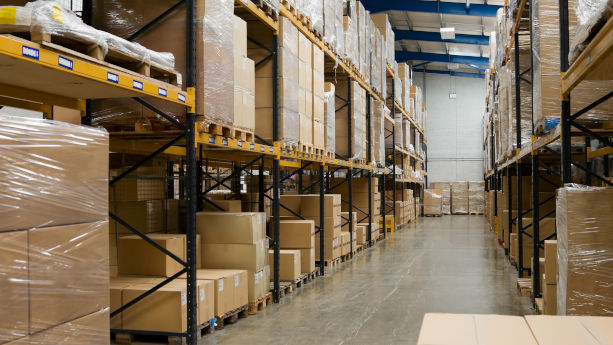I sat through 2 hours of online seminar with the Board of Trade and Commerce on this subject the other day, because as you can imagine, it is of quite a lot of interest to me. There is a lot to it, but my understanding, which is the understanding we have used to implement compliance changes at Beaufort Ink, can be summarised as follows, which I have listed good faith. However, if you get into trouble as a result of interpreting my comments as the letter of the law, I'm afraid I can take no responsibility.
It is a hammer to crack a nut. It is intended to prevent dodgy stuff such as exploding toys from China from entering the EU, but inadvertantly or otherwise, it encompasses almost everything that is not made in the EU.
It is not a stick to beat the UK as a consequence of Brexit, it applies equally to anything made anywhere other than within the EU.
Rather than trying to find a list of things that are included, you are better off finding a list of things that are not included. If it isn't on that list, you can assume it is subject to the new regulations.
What is not included basically falls into 2 categories - CE marked goods (still affected by GPSR but in a different, more rigorous way) and products derived from animals. In other words, if you knit jumpers from wool, your jumpers are exempt, but if you make pens, they are not exempt.
For the purposes of GPSR and shipment of goods from Great Britain, the EU includes Northern Ireland.
You are required to have undertaken a risk analysis for anything entering the EU, and you must include that analysis with the goods, or at least convincing evidence that you have done so, along with any H&S advice and risk factors that customers should be aware of, in the language of the destination country. There are 24 official EU languages, and if you are sending something to, say, Belgium, they have 3 of them, so you must include your documents in Dutch, French and German. Obviously France is French, Sweden is Swedish, Northern Ireland is English and so on, but southern Ireland requires it in Irish and English.
So far, all of the above can be overcome with a bit of effort. A risk analysis for a pen is not too complicated as there are very few risks - poking your eye out, swallowing the ink both come to mind. A risk of skin allergy is less obvious and probably non-existent, but could well benefit from being included.
It may be useful to all of us here if anyone would like to contribute any thoughts as to the risk of a pen. Serious ones only though please - this is a serious issue that is likely to affect people's income, and jokes or sarcasm won't help.
The most onerous requirement though, is that you MUST have an Authorised EU Representative, who must be based in the EU or Northern Ireland, and whose name and contact details are included in the parcel. This is in the event that your customer has a safety issue with your product and needs to get in touch. Theoretically, there should be a written agreement in place between yourself and your representative, and they should be in possession of your H&S documentation, data sheets etc. There are companies who will provide the service for you, at excessive cost of course, but whether or not you can get away with persuading your mate in France to be that person, will be up to you to research. My understanding (which you will have to check for yourself) is that I do not believe you would be outside of the law by doing so, but they would be the point of contact for any H&S issues arising from your product, with all the responsibilities that would go with it.
GPSR will be policed at the first point of contact, which is essentially Customs Control in the destination country. It would be a wise idea to put a label on the outside of your parcel (in the destination language) to point out that the contents comply with GRSR and that details of your EU Rep are inside (that is assuming that they do comply and that along with details of your EU Rep, your risk assessment or other documentaion is also inside). It will help prevent Customs from opening your parcel if they see evidence that they probably don't need to open it, but if they do and your documents and other details are absent, you could well be in trouble.
If you are in Northern Ireland, you are very very lucky, because to all intents and purposes as far as exporting goods are concerned, you are still part of the EU and you are therefore exempt from all this sh1t.
If you are not exempt, there are fines to concentrate the mind. They vary from country to country, and depend on whether they think you are just being naive or ignorant of the rules, or whether you are deliberately setting out to play the system. I have seen numbers vary from 200 euros to 500,000 euros.





